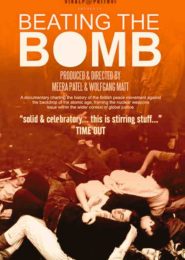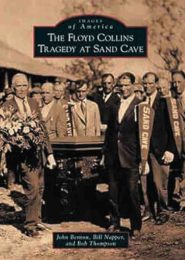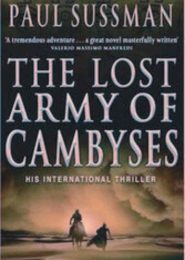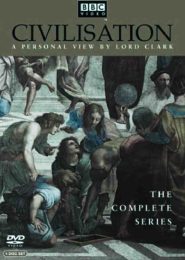Entire History of Steppe Nomads and City Builders (2021)
The Entire History of Steppe Nomads and City Builders is a captivating documentary that delves into the timeless struggle between civilization and nomadic societies. Spanning over 5,000 years, this film explores how the clash between these two distinct ways of life has shaped the course of human history.
From the Bronze Age to the early 20th century, the rise and fall of great civilizations can be traced back to this fundamental social duality. On one side, we have the city builders, representing the pinnacle of human achievement in art, architecture, and governance. These urban centers thrive on stability, culture, and technological advancements.
On the other side stand the steppe nomads, embodying a different ethos. Their existence is marked by mobility, adaptability, and a deep connection to the vast grasslands. These nomadic tribes traverse the steppes, herding livestock, and maintaining a unique way of life that defies the constraints of settled societies.
The documentary takes us on a journey through key historical moments:
- Creating Physical Barriers: The construction of walls, fortifications, and defensive structures to protect cities from nomadic invasions.
- First Charioteers: The emergence of charioteers as powerful warriors, influencing battles and territorial control.
- Barbarian Raids: The relentless raids by nomadic groups, disrupted settled life and challenged established norms.
- Antonine Plague: The impact of pandemics on both city dwellers and nomads, altering the course of history.
Through vivid storytelling and expert analysis, the film sheds light on the intricate dance between these opposing forces. It reveals how the nomads’ mobility and resourcefulness often posed challenges to the rigid urban structures, leading to both conflict and cultural exchange.
Whether it’s the Great Wall of China as a testament to imperial concern or the enduring legacy of steppe conquerors, the documentary paints a rich tapestry of human resilience, adaptation, and the eternal struggle for survival.




